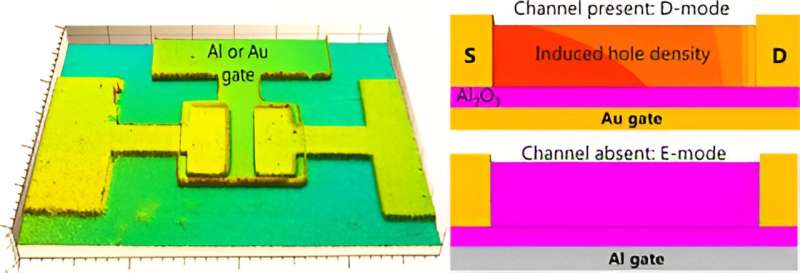
Selective operation of enhancement and depletion modes of nanoscale field-effect transistors (08/03/2024)
Nanoscale transistors are in
demand for efficient digital circuits, and biasing of each device is critical.
These stringent biasing conditions can be relaxed by obtaining precise values
of the threshold voltages of the transistor. This leads to more tolerant logic
states to the electrical noise.
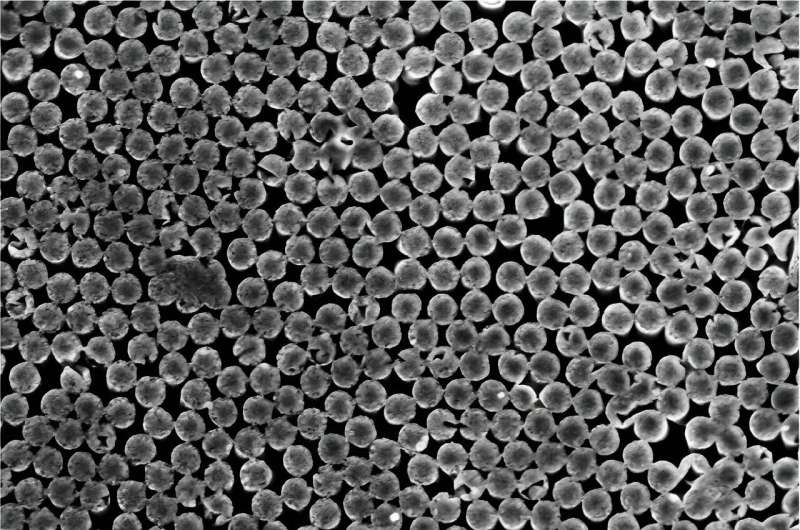
Nanodevices can produce energy from evaporating tap or seawater (08/03/2024)
Evaporation is a natural process
so ubiquitous that most of us take it for granted. In fact, roughly half of the
solar energy that reaches the Earth drives evaporative processes. Since 2017,
researchers have been working to harness the energy potential of evaporation
via the hydrovoltaic (HV) effect, which allows electricity to be harvested when
fluid is passed over the charged surface of a nanoscale device.
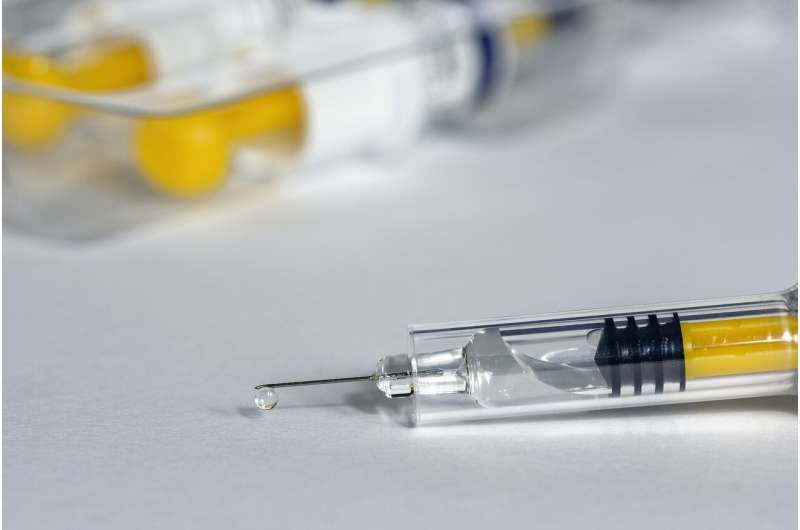
Scientists use a new type of nanoparticle that can both deliver vaccines and act as an adjuvant (08/03/2024)
Many vaccines, including vaccines
for hepatitis B and whooping cough, consist of fragments of viral or bacterial
proteins. These vaccines often include other molecules called adjuvants, which
help to boost the immune system's response to the protein.
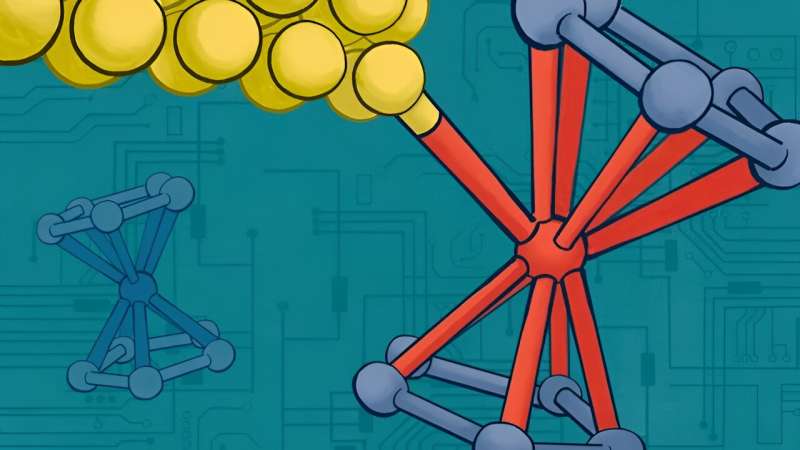
Using light to precisely control single-molecule devices (07/03/2024)
In a new Nature
Communications study, Columbia Engineering researchers report that they
have built highly conductive, tunable single-molecule devices in which the
molecule is attached to leads by using direct metal-metal contacts. Their novel
approach uses light to control the electronic properties of the devices and
opens the door to broader use of metal-metal contacts that could facilitate
electron transport across the single-molecule device.
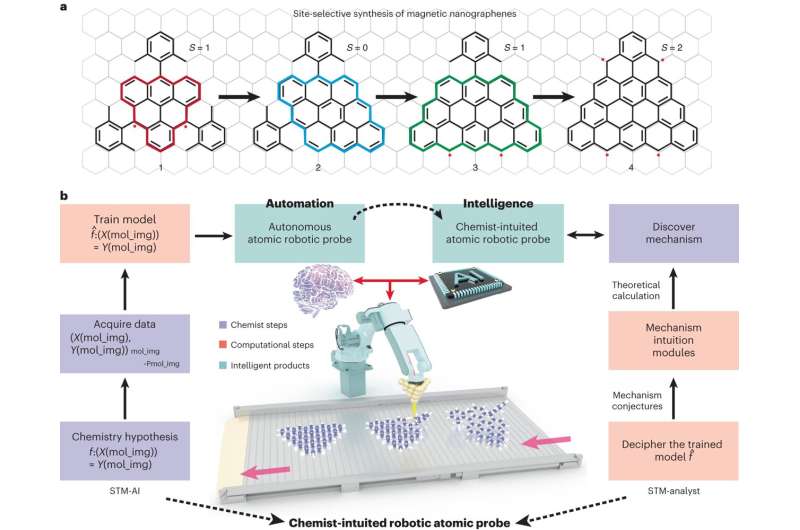
Producing quantum materials with precision, with the help of AI (05/03/2024)
A team of NUS researchers led by
Associate Professor Lu Jiong from the Department of Chemistry and Institute for
Functional Intelligent Materials, together with their international
collaborators, have developed a novel concept of a chemist-intuited atomic robotic
probe (CARP).
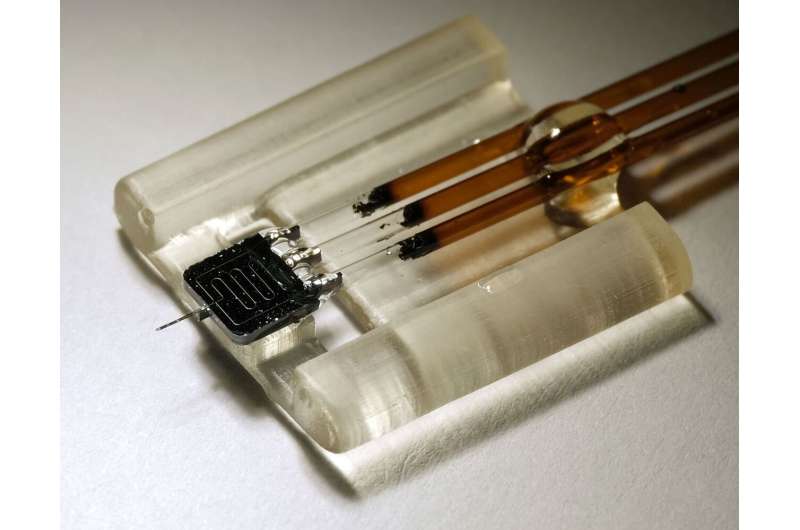
Research team develops nanoscale device for brain chemistry analysis (26/02/2024)
Longstanding
challenges in biomedical research such as monitoring brain chemistry and
tracking the spread of drugs through the body require much smaller and more
precise sensors. A new nanoscale sensor that can monitor areas 1,000 times
smaller than current technology and can track subtle changes in the chemical
content of biological tissue with sub-second resolution, greatly outperforming
standard technologies.
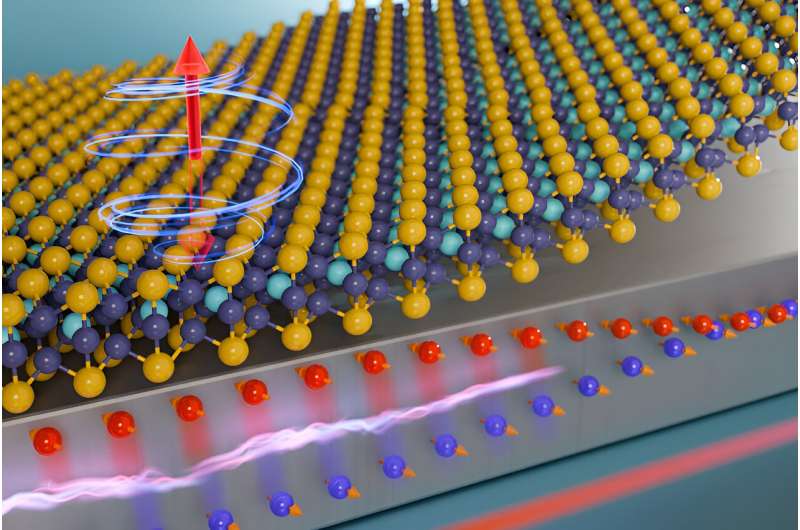
Researchers harness 2D magnetic materials for energy-efficient computing (26/02/2024)
Experimental
computer memories and processors built from magnetic materials use far less
energy than traditional silicon-based devices. Two-dimensional magnetic
materials, composed of layers that are only a few atoms thick, have incredible
properties that could allow magnetic-based devices to achieve unprecedented
speed, efficiency, and scalability.

New technique for sorting micro-particles uses sound waves (26/02/2024)
Thanks
to the rapid progress in tiny tech, we've been mainly using microfluidics to
sort tiny particles by size. But now, there's a new way to sort them by shape,
which could be a big deal for medical tests and chemistry. A recent study
introduces a new method using sound waves to separate oddly shaped particles
from round ones without needing any labels. This breakthrough could lead to
better ways to deliver drugs or diagnose diseases by offering a smarter
approach to sorting these tiny particles.
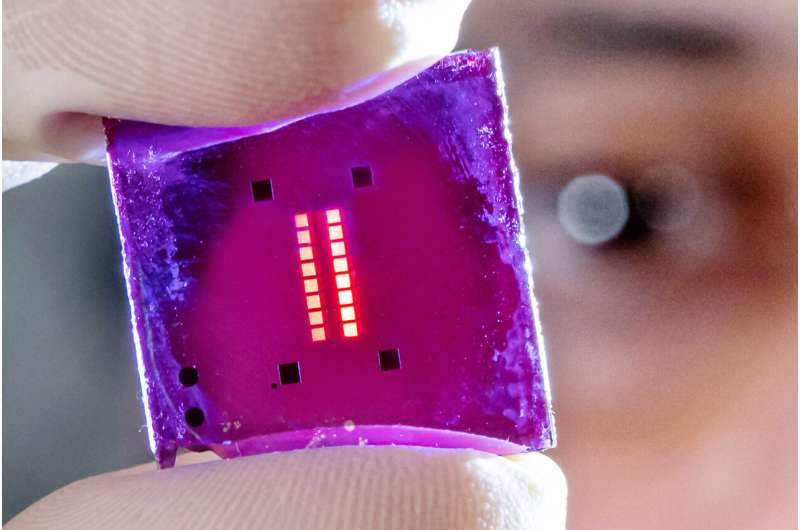
Polymer-based tunable optical components allow for metasurfaces that can switched with light (26/02/2024)
A
material coating, whose light refraction properties can be precisely switched
between different states, has been developed by an interdisciplinary research
team from the Chemistry and Physics departments at the University of Jena. The
team, led by Felix Schacher, Sarah Walden, Purushottam Poudel, and Isabelle
Staude, combined polymers that react to light with so-called metasurfaces.
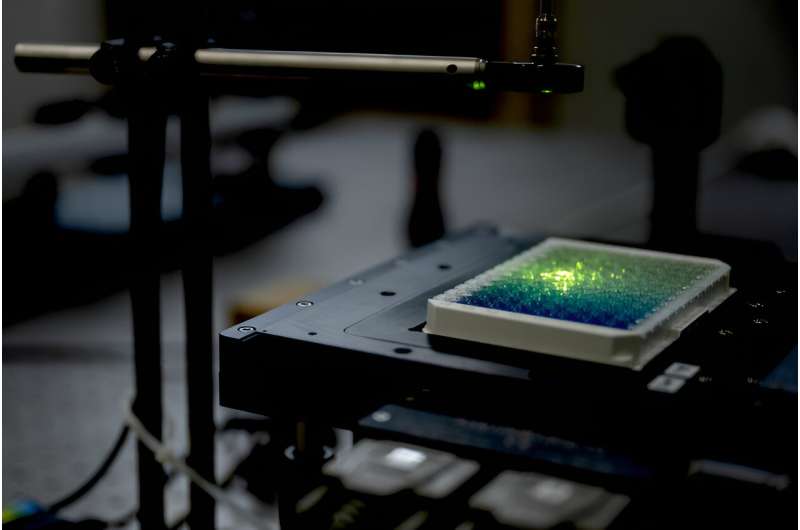
New nanosensors make diagnostic procedures more sensitive (26/02/2024)
The
Fraunhofer Institute for Microelectronic Circuits and Systems IMS and Ruhr
University Bochum, Germany, have developed a process that enables a new form of
signal amplification for diagnostic tests. Through the advanced use of
luminescent single walled carbon nanotubes in bioanalytics, test procedures can
be carried out more sensitively, quickly and cheaply.









